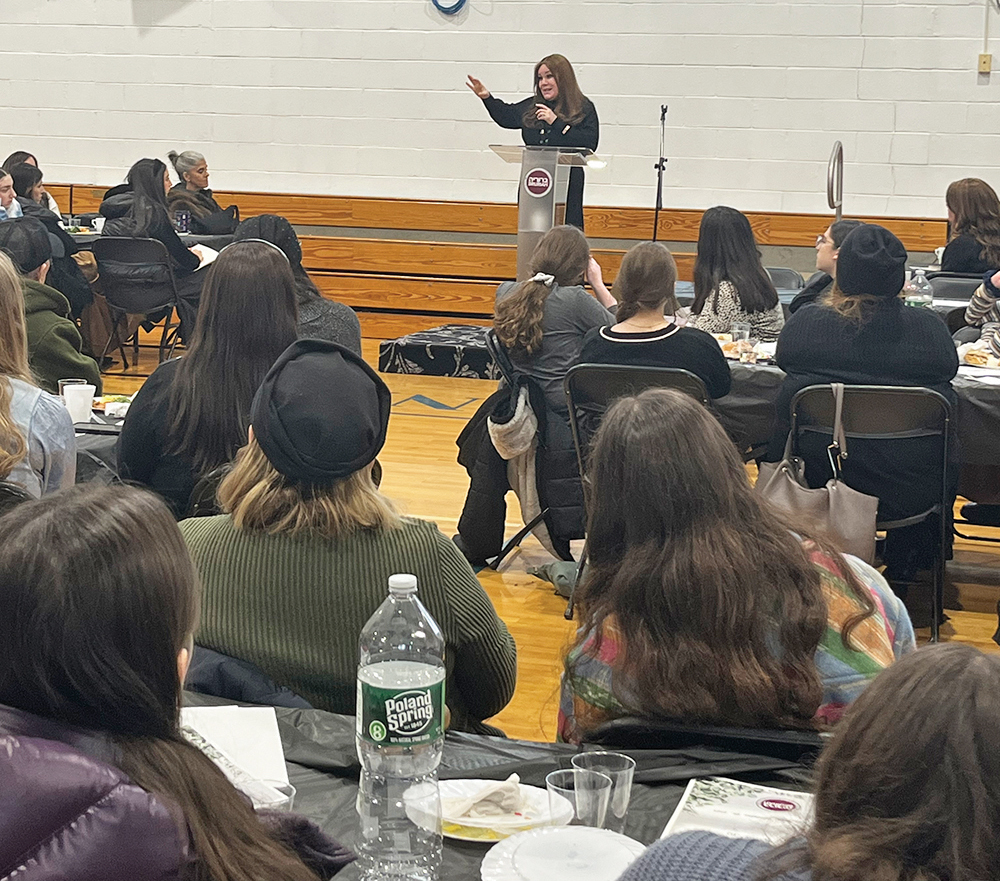On the pasuk, “Ve’asu Aron atzei shittim—and they should make an Aron of shittim wood,” the midrash explains, the underlying idea of this pasuk is also found in another pasuk (Iyov 37:23), “Shakai (Hashem) we do not find Him in great strength.” Whoever hears this pasuk says to himself, “This is blasphemy, chas v’shalom!” Rather Elihu—the one who said the above pasuk in Iyov—said this pasuk means: “We do not find the full strength of Hashem’s might when Hashem interacts with His creations,” because Hashem doesn’t want to burden His creations. Rather, Hashem reveals Himself to each person only to the degree that he can endure it.
We also find this idea regarding the giving of the Torah. When Hashem gave the Torah to the Jewish nation, if Hashem would have come to Bnei Yisroel with His full force they would have not been able to continue to live, like it is written (Devarim 5:22), “If we continue to hear the voice of Hashem, our God, we will die.” Therefore, Hashem only appeared to Bnei Yisroel to the degree that they could endure it, like it is written, “Kol Hashem bekoach—the voice of Hashem is with strength.” It is not written, “with His strength” but rather “with strength,” according to the degree of each one’s strength. That’s the end of the midrash.
We learn from this midrash—that even though Hashem is infinitely bigger than the Aron—Hashem limits His Shechinah to fit into it; just as Hashem limited His voice at the time of the giving of the Torah, so Bnei Yisroel would be able to grasp what Hashem wanted to say.
Zera Shimshon asks: Firstly, what did Bnei Yisroel benefit by initially hearing the first two commandments from Hashem Himself? Secondly, since Hashem agreed to reveal Himself to Bnei Yisroel only according to their capability to endure it, why did Hashem agree that Moshe would tell them the last eight commandments? Why couldn’t Hashem have conveyed the last eight commandments to Bnei Yisroel by Himself, but not with His full strength?
Zera Shimshon answers—in light of another midrash (Parshas Yisro 29:4)— it was revealed and known to Hashem that if Hashem would have interacted with His full glory to Bnei Yisroel, and if he would have let them hear the full force of His voice, they would not have been able to endure it. So, why did Hashem do it? Since HaKodesh Baruch Hu foresaw that Bnei Yisroel were destined to make the golden calf, He didn’t want to let them argue and justify what they did by saying that if they would have heard Hashem’s voice, they would not have sinned.
In other words, hearing the 10 commandments from Hashem Himself had in it the ability to prevent Bnei Yisroel from making the golden calf. What is the connection between hearing the 10 commandments from Hashem and not making the golden calf?
Zera Shimshon explains—in light of a midrash in Shir Hashirim (1:2-4)—if the Jewish nation would have heard all 10 commandments from Hashem Himself, they would not be able to forget any Torah they would learn. However, when they asked for Moshe to convey the rest of the commandments to them, their hearts became hard like stone and they began to forget their Torah.
Another midrash teaches us that the yetzer hara cannot rule over a person whose heart is full of Torah.
Therefore, Hashem initially spoke to Bnei Yisroel, so their hearts would be constantly filled with Torah, and—because of this—they were protected from the yetzer hara. However, even though they had no yetzer hara and, therefore, no inclination to do sin, there still existed the possibility to choose sin. (See Michtav M’Eliyahu, volume 2, page 138) They chose to ask Moshe to convey the rest of the commandments and, by doing so, they began to forget the Torah that they had learnt and the yetzer hara was able to return to them and pushed them to make the golden calf. However, since Hashem gave them the experience to be yetzer hara free, and they choose to bring it back on themselves, they were held completely responsible for what they did with the golden calf.













